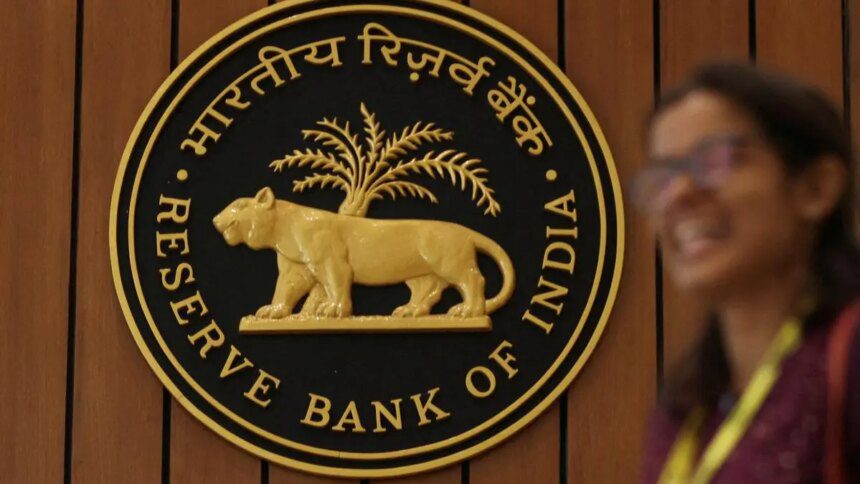A recent study by the Reserve Bank of India (RBI) has raised concerns about the risks associated with investing in initial public offers (IPOs) of small and medium enterprises (SMEs), especially when driven by market sentiment. The study highlights that during bullish market conditions, investor enthusiasm can lead to a lack of due diligence.
“During bullish phases in the market, enthusiasm and investors’ appetite may cause investors to overlook due diligence,” the RBI report stated. It noted that while demand for IPOs surges during such phases, driven by expectations of substantial listing gains, this can lead to inflated valuations. Market corrections can swiftly dampen such optimism, according to RBI officials Bhagyashree Chattopadhyay and Shromona Ganguly, who authored the study titled “Fundraising by Indian Small and Medium Enterprises through IPO: Recent Trends and Developments,” published in the latest monthly bulletin.
The officials emphasized that while SME IPOs may yield impressive returns under favorable conditions, they are accompanied by higher volatility and risk during downturns, making due diligence essential. “Investors should carefully evaluate the company’s fundamentals, growth prospects, and risk factors before committing capital,” they advised. They also pointed out that SME exchanges represent a unique regulatory challenge, balancing market development objectives with investor protection.
The study reinforced the notion that “Bull markets are born on pessimism, grow on skepticism, mature on optimism, and die on euphoria,” serving as a crucial reminder for investors in the SME IPO space.
In terms of merchant banking, the report found that IPO subscription rates managed by top merchant banks average twice those overseen by non-top lead managers. “This demonstrates the importance of the reputation of the merchant bank for attracting potential investors,” the report noted. It explained that reputable merchant banks leverage extensive networks, strategic distribution, and strong ties with institutional investors to generate demand even before an IPO launches, thereby enhancing the likelihood of oversubscription.
Chattopadhyay and Ganguly observed that merchant banks are vital intermediaries in the SME IPO process, also acting as mandatory market makers during the initial years following the IPO. Trusted merchant banks are typically recognized for their strong track record, global presence, and market expertise.
To assess the effect of merchant banks’ reputation on subscription rates, the study categorized them into two groups: top and non-top. The top group consisted of seven banks responsible for managing over 50% of total IPO issue value in FY 2023-24 and FY 2024-25, while other banks were classified as non-top.
Furthermore, the study noted significant oversubscription of SME IPOs in India, with many listing at considerable premiums. Some IPOs have seen price surges of up to 100% post-listing, primarily appealing to retail investors seeking quick gains. In FY 2023-24 and up until October 15, 2024, 224 out of 255 SME IPOs listed on the NSE achieved a premium, while 31 debuted at a discount. On the BSE, 91 out of 100 SME IPOs recorded listing gains, with only nine listing below their issue price.
The authors assessed that the listing premiums for SME IPOs in India, measured as the percentage gain of the closing price on the listing date over the issue price, can range from 0% to 400% on the first day of trading. This variation depends on factors such as demand, merchant bank reputation, and market sentiment. In contrast, mainboard IPOs, involving larger, established companies, typically attract a broader investor base and undergo stricter regulatory scrutiny, leading to more stable listing premiums averaging between 10% and 40%.
Moreover, the RBI officials highlighted a positive correlation between SME IPO subscription levels and listing day returns, emphasizing the significant role of retail and institutional demand in determining IPO performance. Higher oversubscription levels usually signify strong market sentiment, resulting in substantial listing gains.
Published on October 21, 2025.










